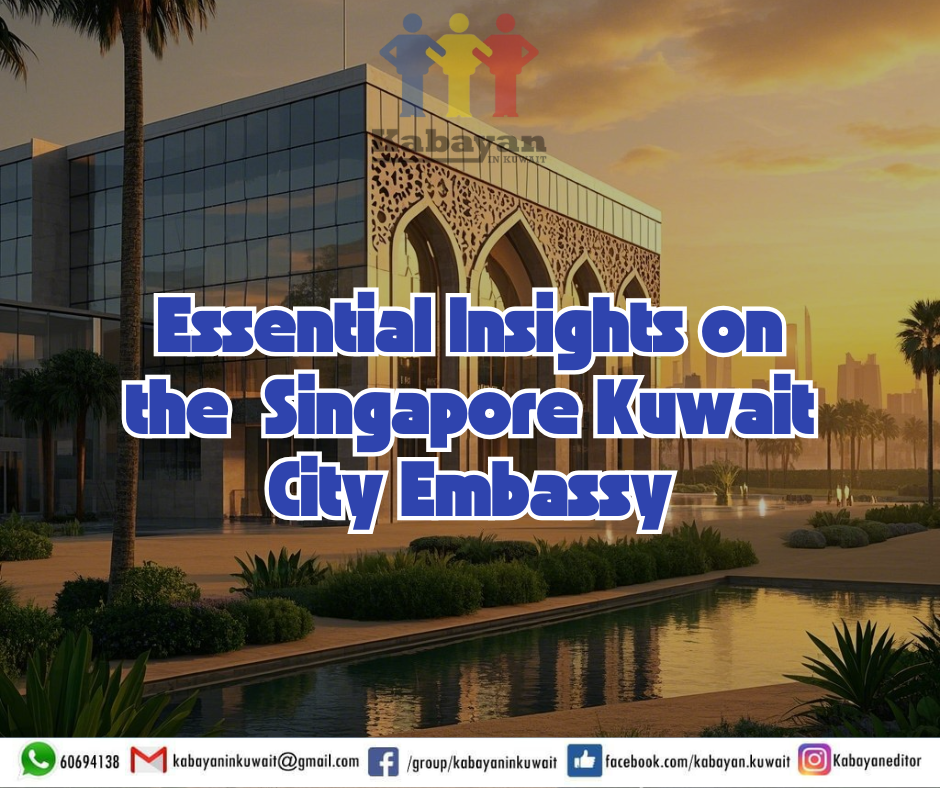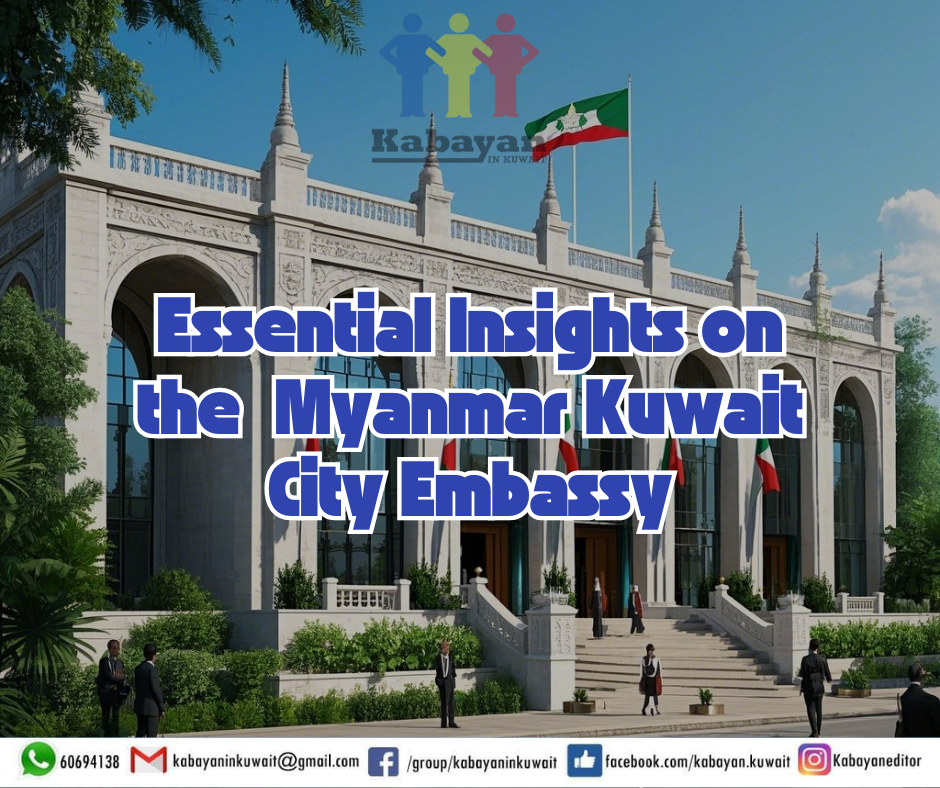
Working abroad as an Overseas Filipino Worker (OFW) presents numerous opportunities and challenges. Understanding your legal rights and responsibilities is crucial to ensure a smooth and secure experience while working in Kuwait. In this guide, we’ll explore the legal framework that governs OFWs in Kuwait, shedding light on essential aspects of employment, immigration, and overall well-being.
Employment Contracts and Legal Rights:
- Understanding Your Contract: Before leaving for Kuwait, it’s imperative to thoroughly review your employment contract. Pay attention to key details such as salary, working hours, benefits, and job responsibilities. Ensure that all terms are fair and in compliance with Kuwaiti labor laws.
- Wage Protection System (WPS): Kuwait has implemented the WPS to safeguard workers’ rights, ensuring timely and transparent payment of wages. Familiarize yourself with this system and know your rights in case of payment delays.
Immigration Regulations:
Work Permits and Visas: OFWs must secure the necessary work permits and visas to legally work in Kuwait. Understand the application process, validity periods, and renewal requirements to avoid legal complications.
Residency Regulations: Kuwait has specific rules regarding residency for foreign workers. Stay informed about the latest regulations, including the process for obtaining or renewing your residency permit.
Healthcare and Insurance:
Access to Healthcare: Learn about your entitlements to healthcare services in Kuwait. Some employers provide health insurance, while others may require you to secure your coverage. Familiarize yourself with local healthcare facilities and emergency services.
Insurance Coverage: Consider obtaining comprehensive insurance coverage for yourself and your dependents. This can be crucial in times of medical emergencies, ensuring you receive adequate healthcare without financial strain.
Labor Rights and Protections:
Anti-Discrimination Laws: Kuwaiti labor laws prohibit discrimination based on nationality, gender, or religion. Familiarize yourself with these laws and know how to report any discriminatory practices.
Workplace Safety: Be aware of your rights regarding workplace safety. Your employer should provide a safe and healthy working environment, and you have the right to report any hazardous conditions.
Legal Support and Assistance: Embassy and Consulate Services: Know the location and contact details of the Philippine Embassy and Consulate in Kuwait. These offices can provide support in case of emergencies, disputes, or legal issues.
Legal Aid Services: Familiarize yourself with legal aid services available to OFWs in Kuwait. These services can assist you in navigating legal challenges or disputes.
Final Takeaway
As an OFW in Kuwait, understanding your legal rights and responsibilities is crucial for a successful and secure employment experience. Stay informed, be proactive in seeking information, and leverage the support services available to ensure a fulfilling and protected tenure in Kuwait.
OFW Repatriation: 4 Philippine Alert Level Classifications.
General Construction Attorney in Lafayette, Louisiana | LeJeune & Associates.
For Kuwait Blogs: Click Here
What are the general rights of OFW in Kuwait?
Breaks: You are entitled to breaks for rest and meals, at least 1 hour in total.
Free Legal Aid: The Kuwaiti government is required to provide free legal assistance to Filipino victims of trafficking. This includes legal counsel, representation in legal proceedings, and help with social benefits or immigration status changes.






